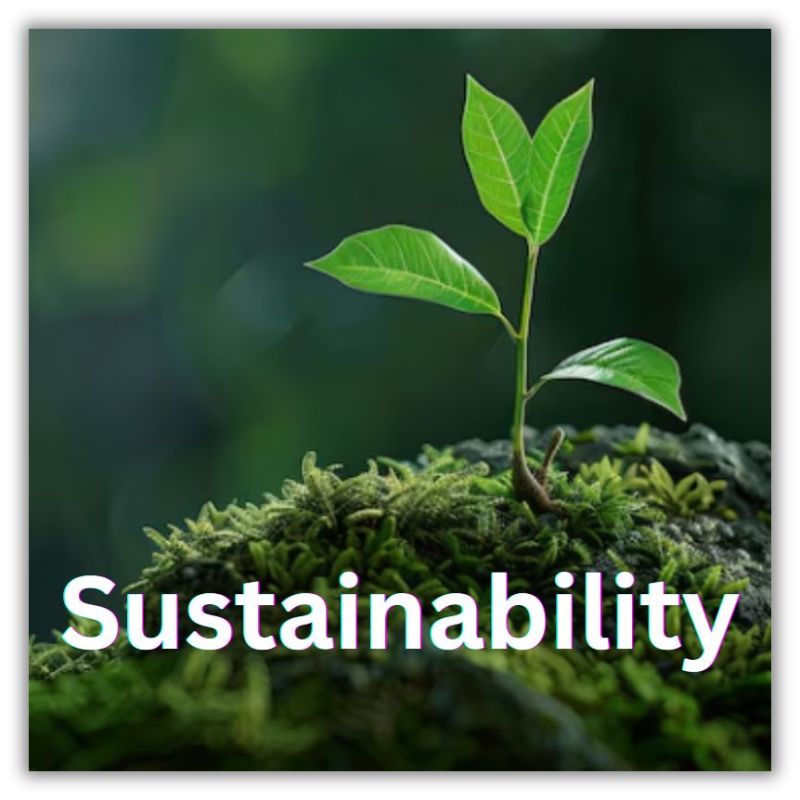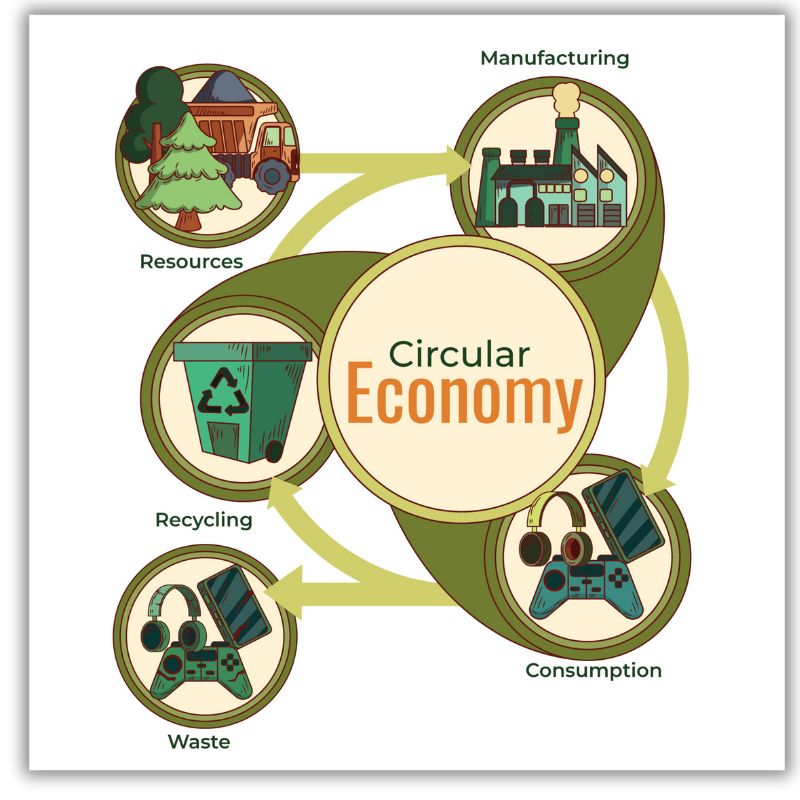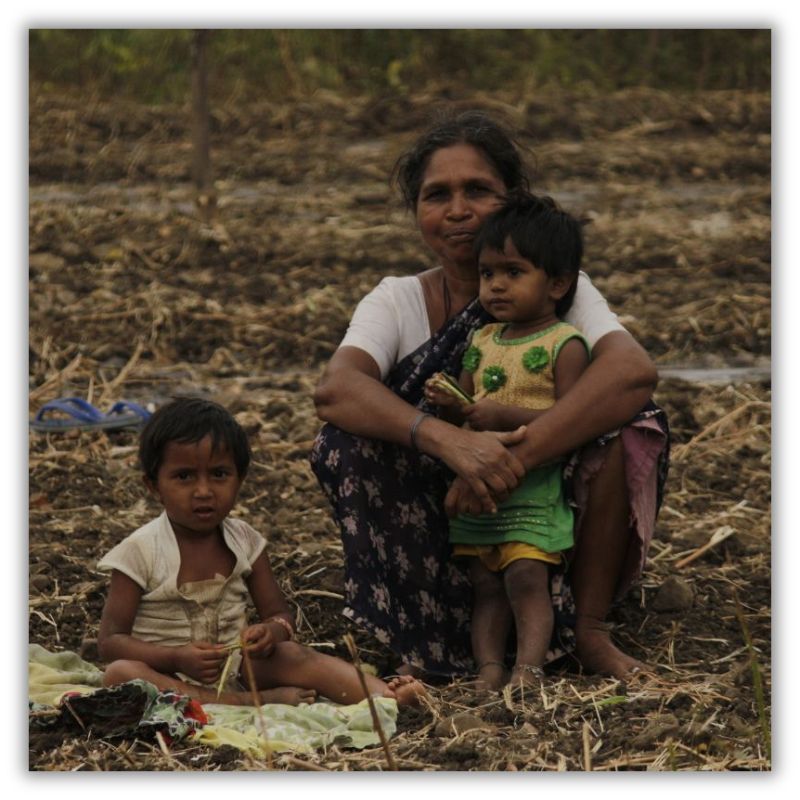A circular economy is an economic system aimed at eliminating waste and the continual use of resources. This model is designed to redefine growth, focusing on positive society-wide benefits. It entails gradually decoupling economic activity from the consumption of finite resources and designing waste out of the system.
Unlike in a traditional linear economy, where raw materials are extracted, used, and then discarded as waste, the circular economy emphasizes reusing, sharing, repairing, refurbishing, remanufacturing, and recycling or repurposing existing materials and products as long as possible. This approach helps to extend the lifecycle of products, reduce waste, improve the efficient use of resources, and decrease environmental impacts. By promoting a closed-loop system, a circular economy aims to create a more sustainable and resilient economy.


Today's marketplace is rapidly evolving, and sustainability has emerged as a key differentiator for businesses of all sizes. Consumers are more informed and conscious about their purchases’ environmental and social impacts, seeking brands that align with their values. For small businesses, embracing sustainability meets this growing demand and opens doors to new opportunities for growth and innovation.
However, many small business owners hesitate to commit to sustainable practices despite the clear benefits. Concerns about cost, time, and relevance often overshadow the potential advantages. These misconceptions can act as significant barriers, preventing businesses from taking the necessary steps toward sustainability.
Let’s debunk these common misconceptions about sustainability and provide practical solutions to help small businesses overcome these doubts. Join us as we explore how your business can thrive by embracing purpose-driven sustainability and subscribing to impact.
Plastic pollution stands as one of the most pressing challenges humanity faces today. Our pervasive throwaway culture has unleashed a torrent of plastic waste, with vast quantities finding their way into our ocean, wreaking havoc on marine life, ecosystems, and ultimately, our planet.
Think about the plight of marine wildlife – the seabirds and sea mammals get caught daily in a tragic dance with ocean plastic. And let us not forget ourselves, the unwitting participants in this enormous crisis. We unknowingly consume microplastic every day, fueling serious concerns over potential health risks such as reproductive issues and chronic diseases.
The good news is that the battle is not lost. If consumers, government entities, civil society, and businesses unite, we can address the causes of plastic pollution and stem the tide of plastic pollution by 80 percent. Our collective actions can create a future where our planet is free from plastic pollution. Join us in our efforts to take those little steps in the most needed and most impactful direction.


The global plastic pollution crisis has escalated from a social sustainability issue to a critical environmental concern. Plastic waste not only harms marine ecosystems but also poses a threat to human health, as plastic particles can infiltrate the food chain.
At first glance, plastic pollution and poverty may seem like two unrelated problems, but in reality, they are deeply connected. Understanding this relationship is key to building a future of social and environmental sustainability. By examining the causes and exploring potential solutions, we can uncover how these issues are intertwined and identify opportunities for lasting, meaningful change.
In contrast to wealthier nations, many developing countries lack adequate recycling infrastructure and effective waste management systems. As a result, large amounts of single-use plastic end up in the environment, often making their way into the ocean, exacerbating both environmental and public health challenges.
The only way to break this unfavorable cycle is to provide low-income communities with access to waste management infrastructure and education to make more informed decisions about plastic consumption, while simultaneously empowering them to pave a path out of poverty by giving innovative ways to make waste collection a way of living.
With the urgency of the situation, governments and private organizations are making efforts to address poverty and plastic pollution. Crush4Change helps solve these problems by providing simple solutions that empower the collection community members to crush and add value to their collected waste before selling for secure and higher income and life-improving benefits.